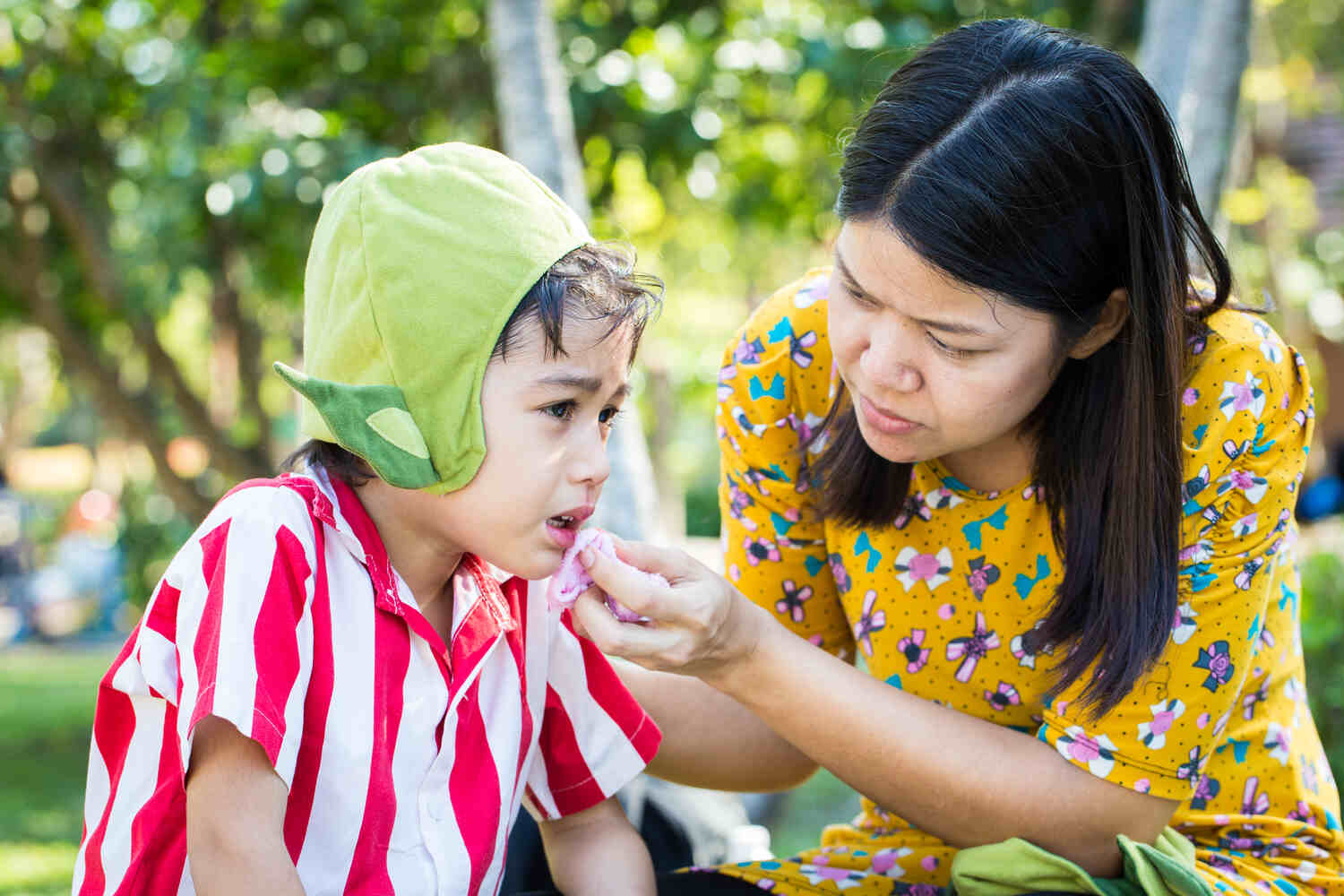
Toddlers are always on the move. Accidents can happen anytime and anywhere. Dental problems are common too among the tiny tots which may lead to emergencies. According to the American Dental Association (ADA), these are situations that can be serious requiring medical attention (1). Dental emergencies can be of several types and range from a chipped to a knocked-out tooth, dental pain, bleeding gums, and so on. The severity of the dental emergency can vary depending on the type of dental problem.
Knowing how to handle a dental emergency can be of great help and mean a significant difference between saving and losing your toddler’s teeth. For any dental emergency, it is important to take your kid to the dentist or an emergency room as soon as possible. But you must also be aware of handling such situations till the time you get dental help. Read on to learn about the different types of dental emergencies in toddlers, and how to tackle them.
In This Article
- Common Dental Emergencies in Toddlers And What to do?
- How Can You Help Prevent Dental Injuries?
- Are There Any Home Remedies For Common Dental Emergencies in Toddlers?
- FAQ’s
Common Dental Emergencies in Toddlers And What to do?
When time is of great essence, knowing what to do during these situations and whom to contact is crucial. To help empower you in the moment of dental crisis, we have compiled nine common dental emergencies, along with the steps to take in the moments that follow.
1. Knocked-Out Tooth or Tooth Avulsion
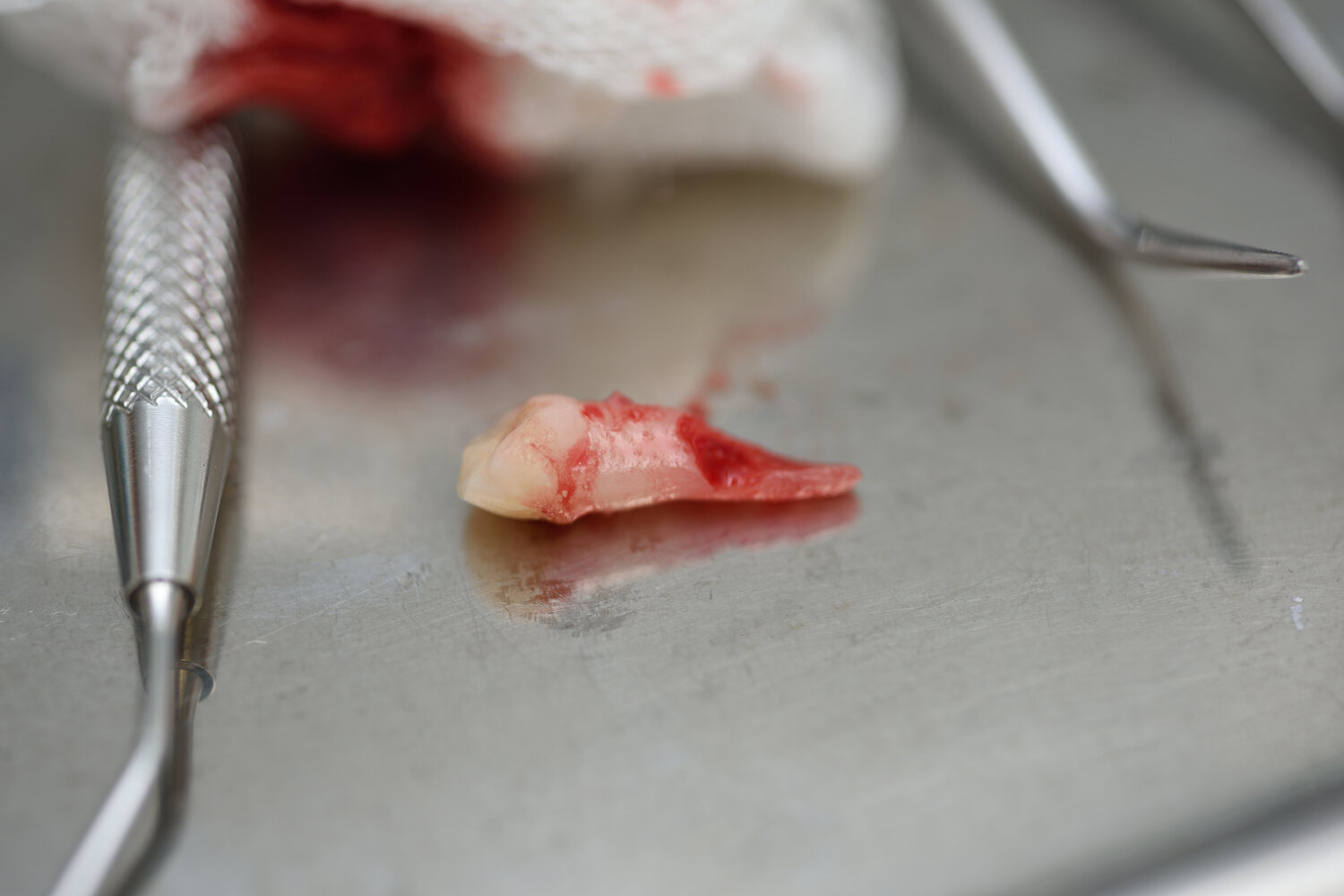
Trauma to the face and mouth from falls, accidents, or sports-related injuries can fracture, loosen, or completely knock your toddler’s teeth off. The complete tooth displacement from the socket is known as tooth avulsion (2a).
- Remain calm, find the tooth, and pick it up by the crown (do not touch the root)
- Clean the tooth by rinsing it in running water and placing it back in the socket
- Apply gentle finger pressure to keep the tooth in place (2b)
- Seek immediate dental help
2. Object Stuck in Teeth
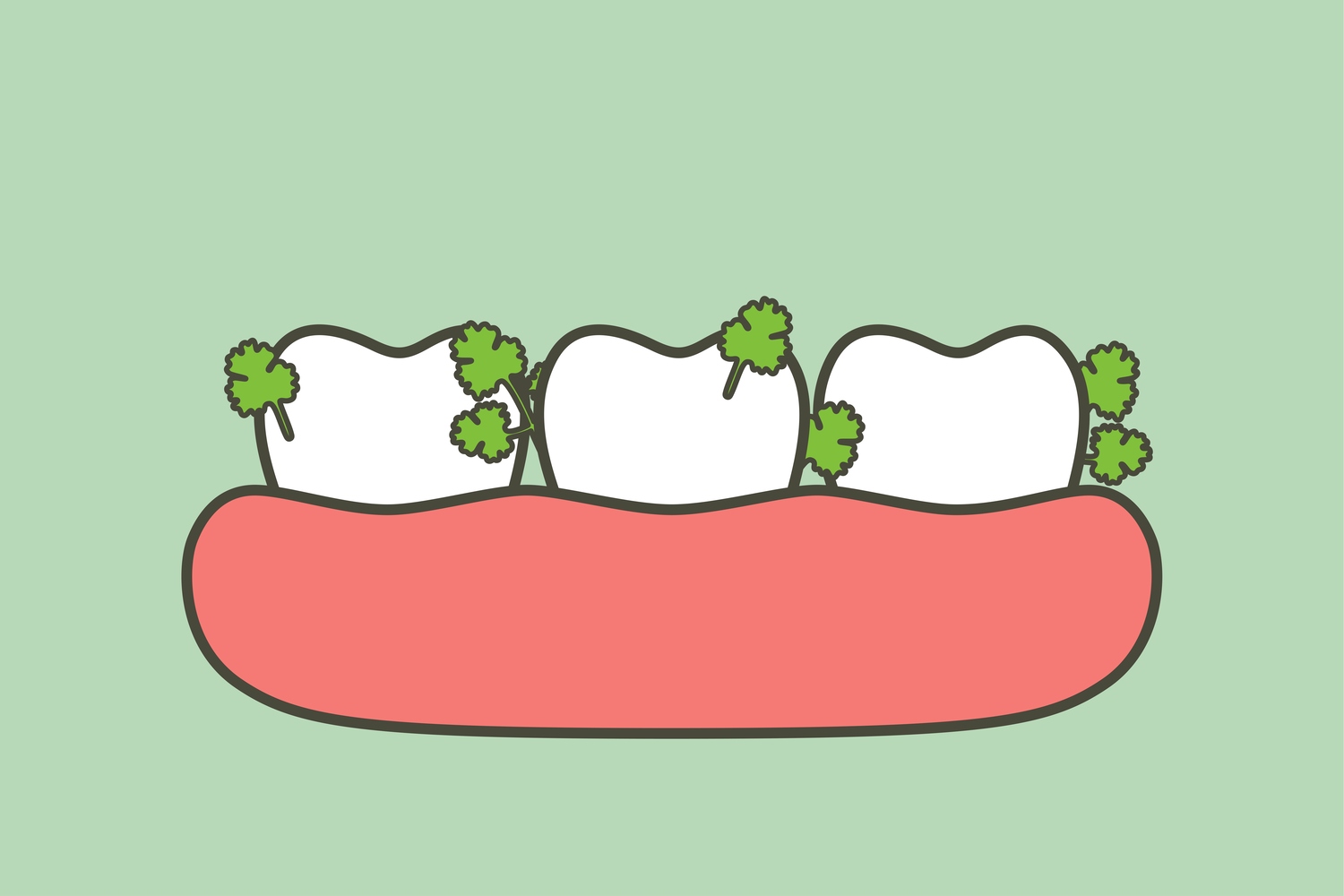
Objects in the form of food particles or sharp objects like stapler pins may get stuck in your kid’s teeth.
- Stay calm and first check your toddler’s mouth to determine what’s stuck in the teeth
- Use dental floss and carefully remove the object without hurting the soft tissues
- If there is excess bleeding, firmly apply pressure using a cotton ball, or a gauze (3)
3. Broken, Chipped, or Fractured Tooth
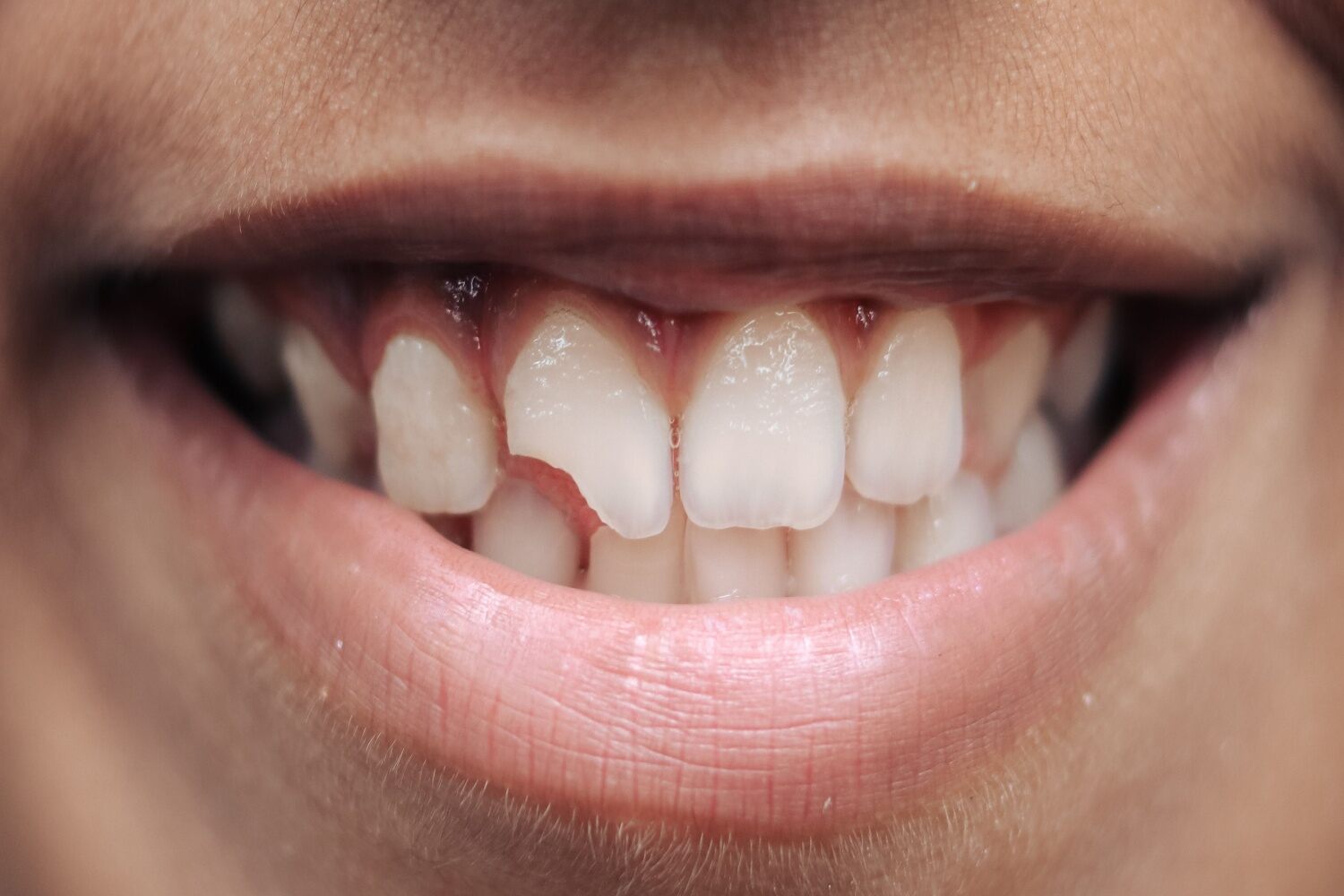
Your toddler may suffer from a broken, chipped, or fractured tooth while falling during play or after getting hit by any hard object, like a ball.
- Until you reach your dentist, consult them about any painkiller like acetaminophen to manage pain
- For kids older than 2 years, make them rinse their mouth with salt water
- If there is any sharp edge, cover it with a piece of paraffin wax, or chewing gum to avoid injury to the tongue or other soft tissues like cheeks
- Use a cold compress on the face to manage swelling
- If you locate the fractured tooth fragment, preserve it and bring it to the emergency department
4. Loose Tooth
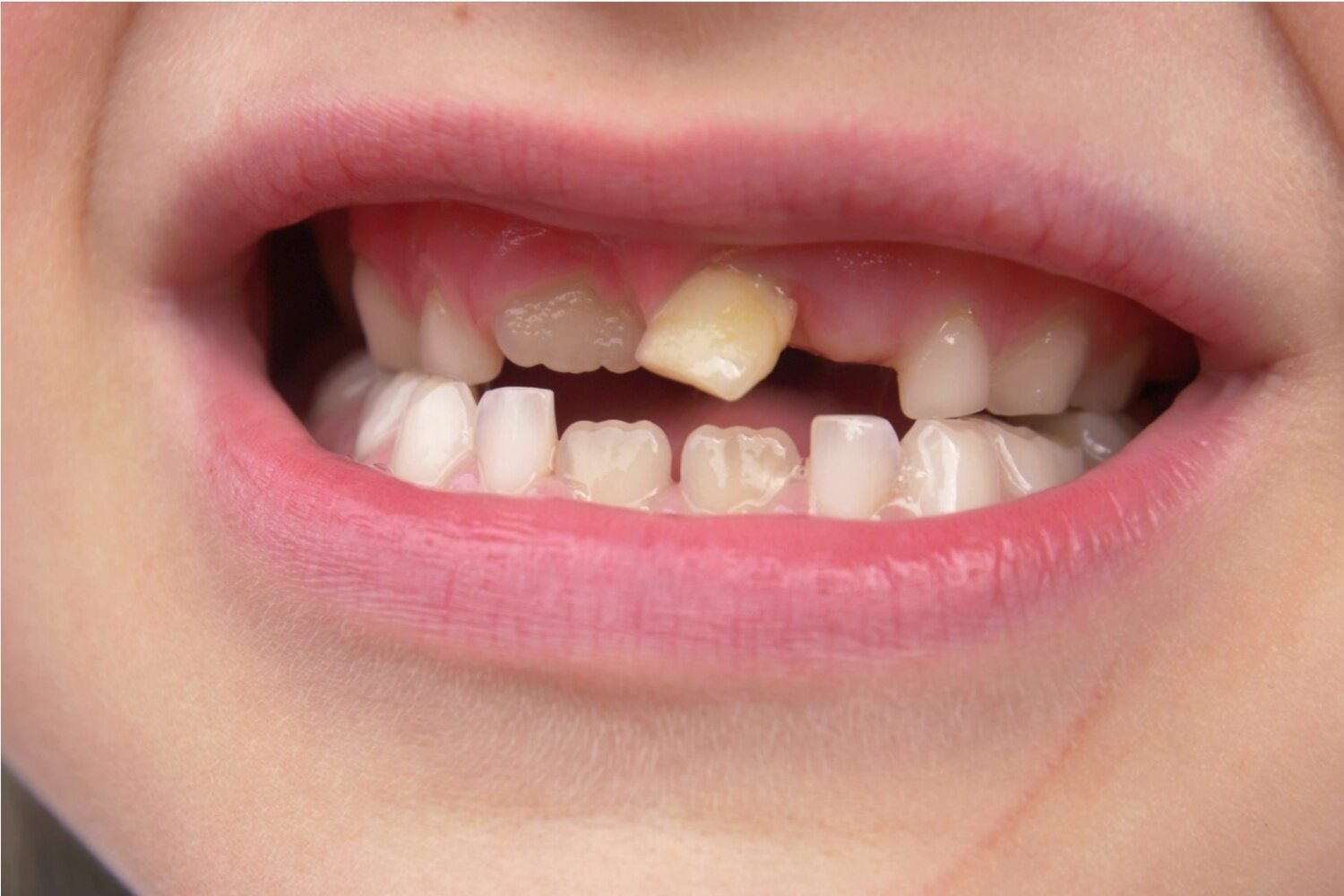
Premature tooth mobility in toddlers may be due to a hard blow on the toddler’s face due to falling, or a road accident.
- Avoid giving your toddler anything hard or sticky to chew until you see a dentist
- Do not try to pull out the tooth or apply pressure on it
- Give your kid a soft diet
- Monitor your kid so that they do not swallow the tooth
5. Toothache
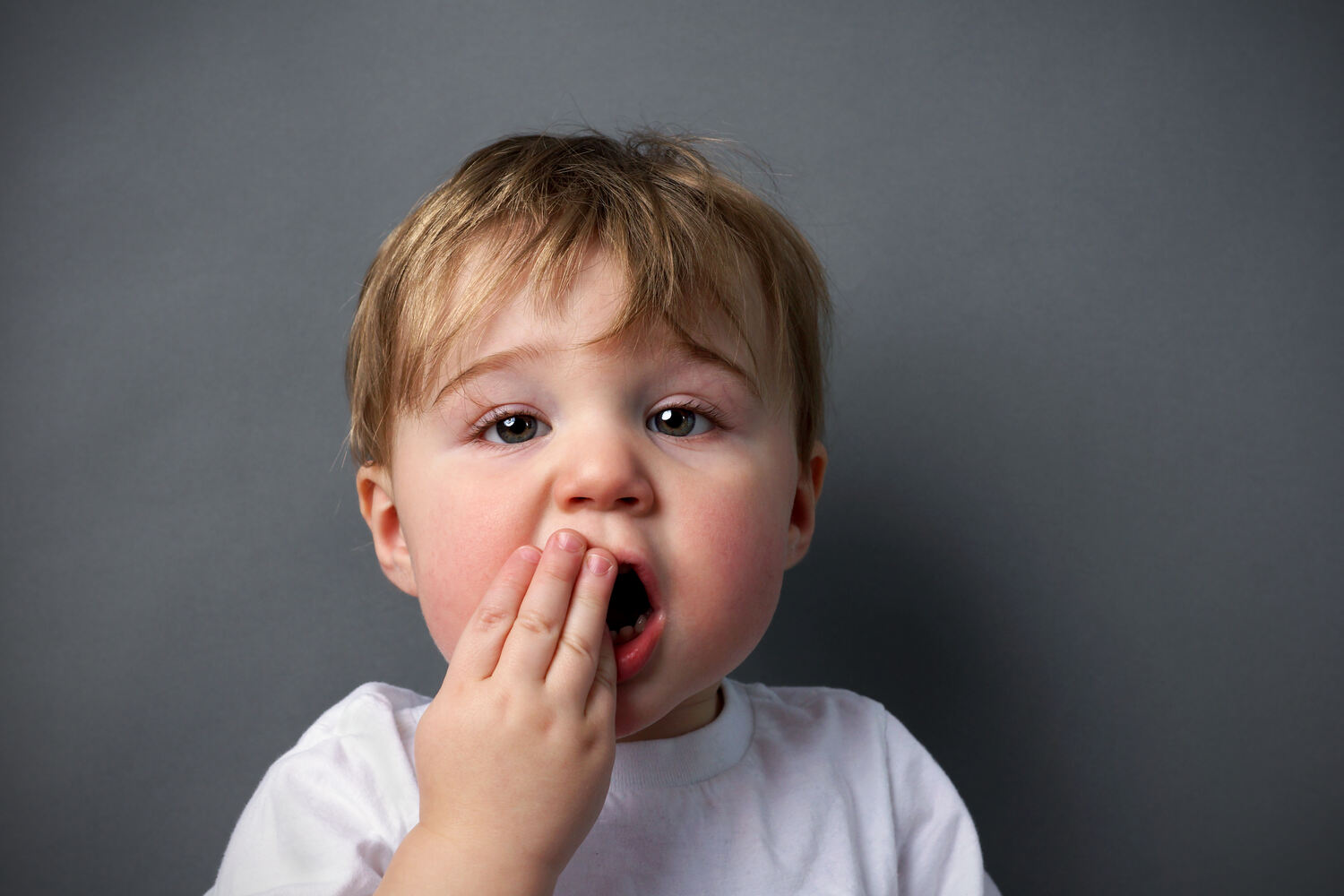
Toothache can occur due to several reasons like dental decay, gum disease, or dental trauma.
- Give your toddler a mild painkiller after consulting the dentist to manage pain and discomfort (4)
- Examine their mouth and remove any object stuck in the teeth using dental floss
- Give them a cold compress to manage swelling
- Severe toothache requires immediate dental help to know the exact cause of the pain
6. Cut or Bitten Lip, Cheek, or Tongue
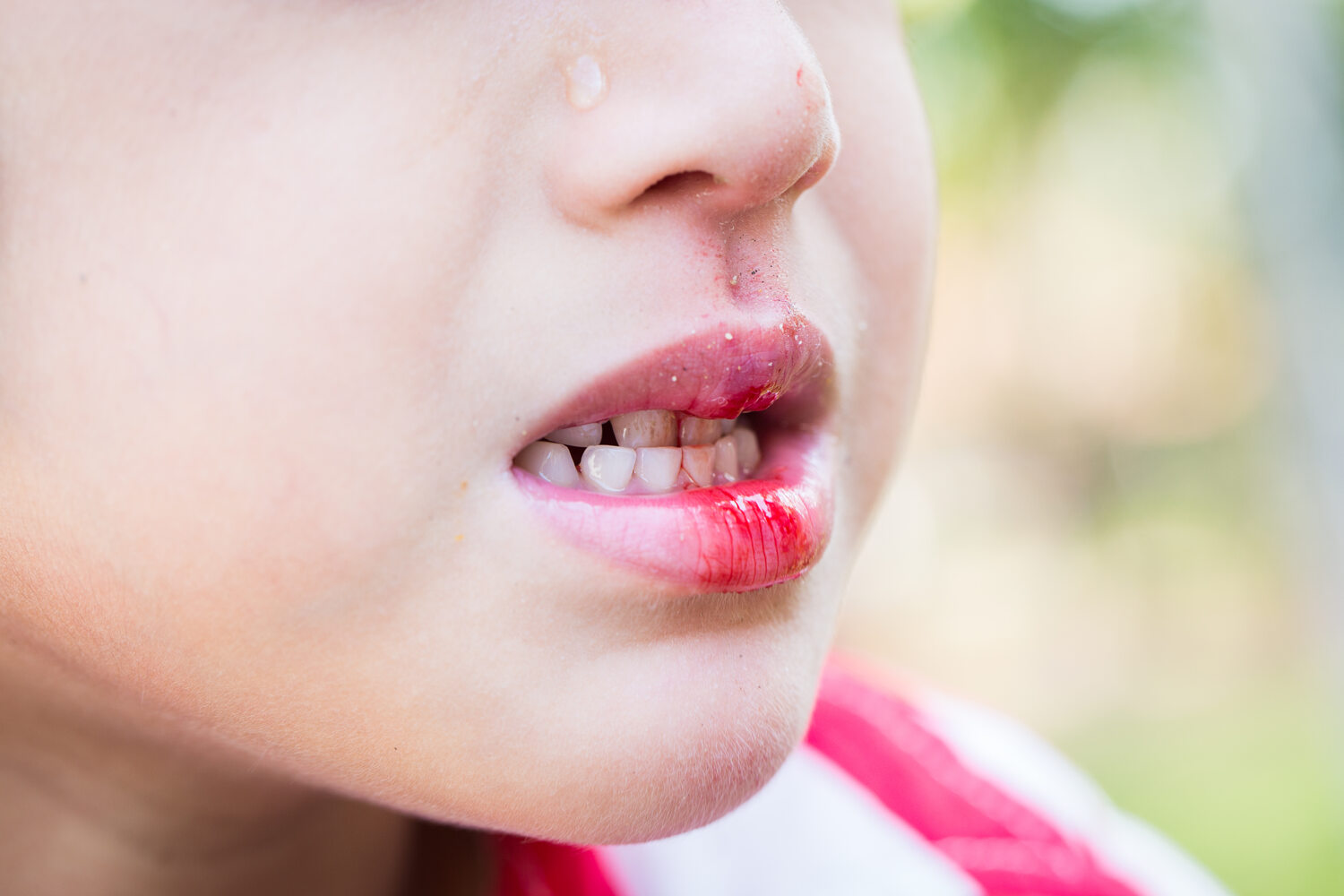
Lip, cheek, or tongue bites can occur accidentally while eating or during a fall.
- Clean the area thoroughly with water or wet gauze
- Apply a cold compress on the face to manage pain and swelling
- If there is bleeding, apply gentle pressure to arrest bleeding and seek dental help
7. Broken Jaw
Your toddler can break their jawbone due to falls or activities during intense physical activities.
- Monitor your toddler and refrain them from moving their jaw
- Apply a cold compress on the face to manage swelling
- Take your kid to the dentist immediately
8. Dental Abscess

Untreated tooth decay can be a cause of abscess development that leads to symptoms like pain, and pus discharge.
- This is a very painful condition that requires immediate dental care
- Meanwhile, you can give your toddler a cold or ice compression to relieve pain and swelling
- For toddlers older than 2 years, make them rinse their mouths with salt water
- Offer your toddler bland, soft foods
- Monitor your kid’s temperature to check if they are running a fever
9. Severe Injury to Head

Road accidents or major falls during play may sometimes result in severe head injury.
- Severe injury to the head can be dangerous and life-threatening. Thus you must take your toddler to the dental emergency room right away
- This dental issue will require more intensive treatment than other dental emergencies
How Can You Help Prevent Dental Injuries?
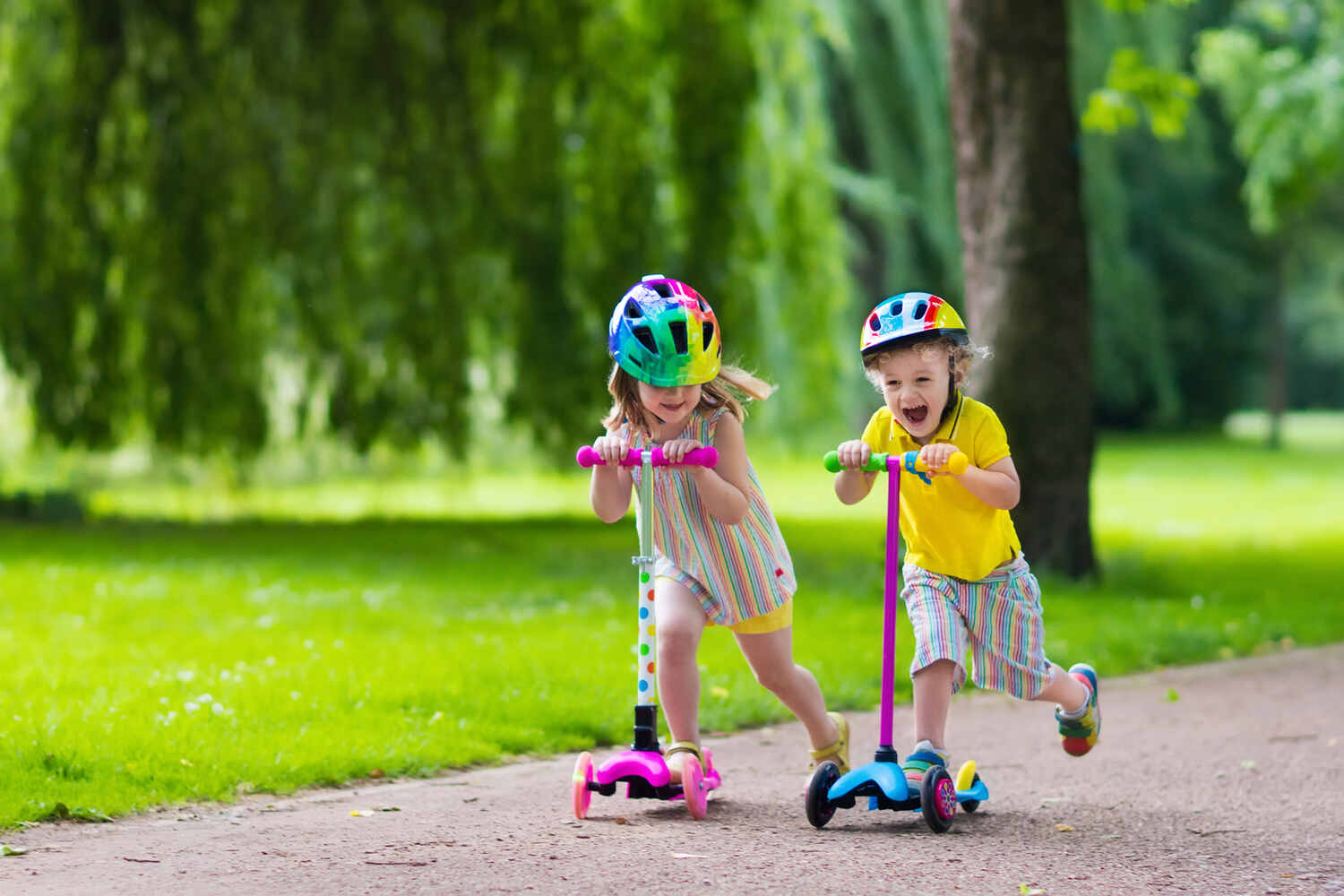
Dental emergencies are something that cannot be completely avoided. Kids are bound to end up hurting themselves, or they may be victims of accidents and other trauma. As parents, you can adopt certain tips and preventive measures to reduce your toddler’s risk for dental injuries. Here is a comprehensive list of tips that can help prevent dental injuries-
- Guard off stairs by placing gates to prevent your toddler from falling
- Make your house child-proof by securing wires and cords, make rugs flat and stay in place, and declutter narrow stairways
- Have your toddler wear protective mouthguards during sports activities
- Always make sure your toddler’s seatbelt is fastened while traveling in cars
- Make sure your toddler wears a protective headgear like a helmet while traveling on bikes
- Do not let your kid chew on anything hard like candy, popcorn kernels, or ice
- Always accompany your toddler for outdoor play and do not leave them unattended
- Follow good oral hygiene protocols so that their teeth are strong and healthy
- Take your kid for regular dental visits at least once a year or once in six months
Are There Any Home Remedies For Common Dental Emergencies in Toddlers?

While you take your toddler to a dental emergency room after experiencing some sort of dental issues, there are certain remedies you can try at home. This helps you manage pain, swelling, and discomfort associated with toothache, bleeding gums, chipped teeth, cheek or tongue bites, and so on. You can try the following home remedies to help manage a dental emergency until you take your kid to the dentist.
- Saltwater
- Cold compress using ice packs
- Clove oil
- Peppermint tea
- Soft and bland diet
- Turmeric
- Clove oil
Dental emergencies in toddlers can be daunting. It can be very disheartening as a parent to see your little one suffer from pain, trauma, discomfort, and infection. While there is nothing you can do to completely avoid dental emergencies, certain helpful tips can prevent or minimize your toddler’s risk of dental emergencies. So the next time your kid faces any dental emergency, you must be well-informed and prepared to handle it until you reach the dental clinic.
FAQ’s
1. When Should I Take my Toddler to The Emergency For Tooth Pain?
You should take your toddler to the Emergency for a toothache if the pain is intense, and accompanied by severe discomfort, fever, and pus discharging abscess. Toothaches that negatively impact the toddler’s quality of sleep and life, impairing proper nutrition require immediate dental attention too.
2. What is The Most Common Dental Emergency in Children?
Severe, and intense toothache and bleeding gums are the most common dental emergencies in children. There could be several reasons for such dental problems, including dental decay, trauma, crooked teeth, and oral infections.
3. What is an Extreme Dental Emergency?
Dental infections are considered to be extreme dental emergencies. Infections can be accompanied by pain, discomfort, increased tooth sensitivity, bleeding gums, periodontitis, pus discharging abscess, and loose teeth. These symptoms are typically due to pulpal involvement, which requires immediate dental care.
References
- Dental Emergencies – [https://www.ncbi.nlm.nih.gov/books/NBK589664/]
- Awareness of Parents About the Emergency Management of Avulsed Tooth in Eastern Province and Riyadh – [https://www.ncbi.nlm.nih.gov/pmc/articles/PMC7398990/]
- Foreign objects in teeth: retrieval and management – [https://pubmed.ncbi.nlm.nih.gov/19841551/]
- Managing tooth pain in general practice – [s]
